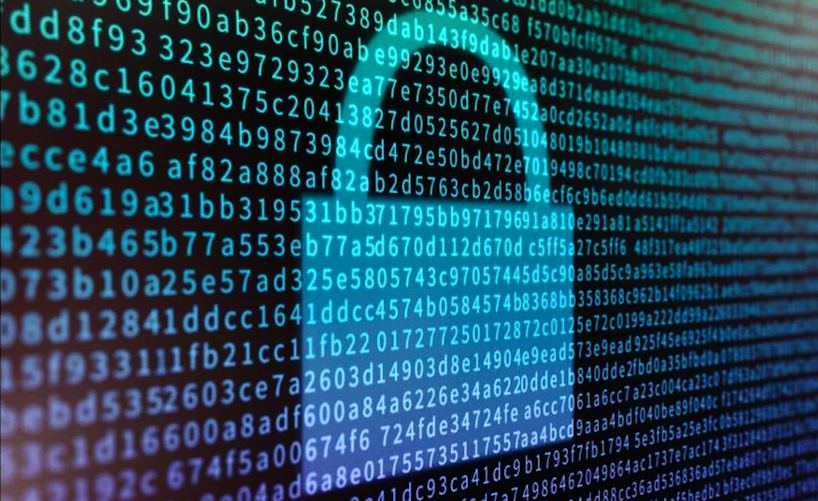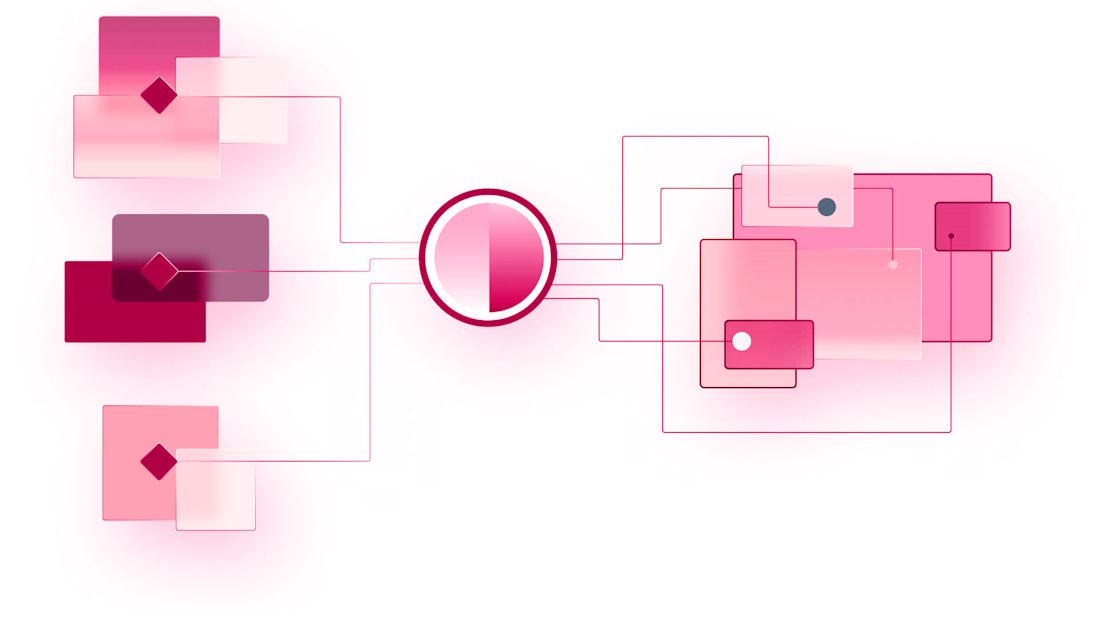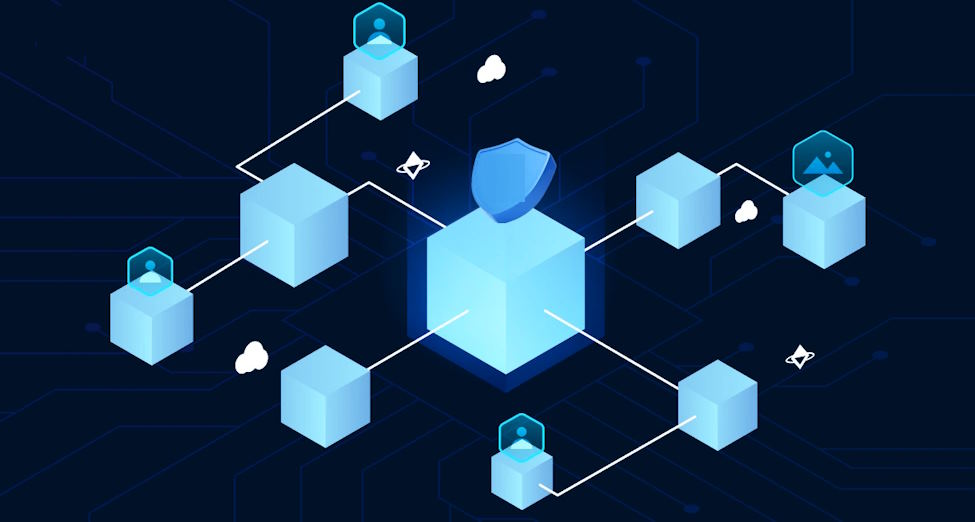
Differential Privacy Techniques in Advanced Encryption
Advanced encryption stands at the forefront of the ongoing battle to secure digital information, and within this realm, Differential Privacy emerges as a beacon of innovation. This approach, grounded in a novel set of principles, offers a paradigm shift in how we perceive and implement privacy-preserving measures. Unlike conventional encryption methods that may inadvertently leak sensitive details or compromise individual identities, Differential Privacy introduces a sophisticated layer of protection by injecting controlled noise and randomness into datasets.
Core Techniques of Differential Privacy
Noise Injection and Perturbation:
One of the foundational techniques in Differential Privacy involves introducing controlled noise or perturbation to individual data points. By intentionally adding a layer of randomness to the information, the privacy of individuals is preserved. This approach disrupts any attempts to extract specific details about a single data point, making it challenging for adversaries to discern sensitive information. The careful balance between injecting enough noise to ensure privacy and maintaining data utility is a key aspect of this technique.

Privacy-Preserving Data Aggregation:
Differential Privacy places emphasis on aggregating data in a manner that protects individual privacy. Instead of directly analyzing raw data, privacy-preserving aggregation techniques involve collecting and processing information in a way that obscures specific details about individuals. This ensures that even when data is combined for analysis, the privacy of individual contributors remains intact, preventing the extraction of personal insights.
Randomized Response Mechanisms:
Randomized response mechanisms are another powerful tool in the arsenal of Differential Privacy. This technique involves introducing randomness into the responses of individuals during data collection. By allowing individuals to add a level of uncertainty to their responses, the privacy of sensitive information is enhanced. This strategy is particularly effective in scenarios where individuals might be reluctant to share certain details due to privacy concerns.
Concept of Epsilon-Differential Privacy:
Epsilon-Differential Privacy is a quantifiable measure that gauges the strength of privacy protection in a given system. The concept introduces a parameter, epsilon, which represents the maximum acceptable level of privacy loss. A lower epsilon value signifies a higher degree of privacy protection. This metric allows organizations and researchers to tailor privacy levels according to specific requirements, providing a flexible and adaptive approach to implementing Differential Privacy.

Applications of Differential Privacy in Advanced Encryption
Privacy-Preserving Machine Learning Algorithms:
Differential Privacy revolutionizes the landscape of machine learning by allowing organizations to extract valuable insights from sensitive datasets without compromising individual privacy. Machine learning algorithms, when equipped with differential privacy, can learn patterns and make predictions while ensuring that the contribution of any single data point remains indistinguishable. This application is pivotal in domains such as healthcare and finance, where leveraging machine learning for predictive analytics requires safeguarding the confidentiality of personal information.
Secure Data Analysis and Statistical Queries:
Differential Privacy plays a crucial role in enabling secure data analysis and statistical queries. Traditional methods of data analysis may inadvertently leak sensitive details when performing aggregate queries. With differential privacy, statistical results can be obtained without exposing individual contributions to the dataset. This is particularly significant in scenarios where organizations need to extract meaningful insights without compromising the privacy of individuals who contribute to the overall data pool.
Protection of Sensitive User Data in Cloud Computing:
Cloud computing has become integral to modern data storage and processing, but it also poses challenges in terms of data privacy. Differential Privacy offers a robust solution by safeguarding sensitive user data in the cloud. Whether it’s storing personal information or running computations on encrypted data, the application of differential privacy ensures that individual contributions are protected, making cloud computing environments more trustworthy for users concerned about the privacy of their data.


